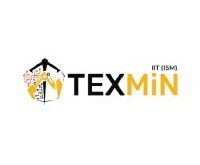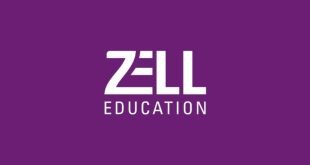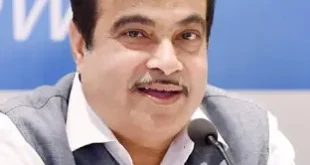In an era where media is often dominated by noise, sensationalism, and fleeting trends, Zee News’ flagship show DNA (Daily News & Analysis) airing at 8.50 pm from Monday to Saturday, has emerged as a pillar of responsible, citizen-focused journalism. With a relentless commitment to uncovering the truth, DNA dives deep into issues that directly affect the lives of ordinary Indians—ranging from healthcare, consumer rights, and public safety to governance and systemic reforms. Each episode is meticulously researched, fact-checked, and insightfully analysed, providing viewers with not just information but clarity, context, and actionable insight.
By highlighting the challenges citizens face and showcasing the role of institutions and policymakers, DNA ensures that viewers are informed, confident, and empowered to actively contribute to the decisions and policies that shape their communities and everyday lives. In doing so, the show empowers citizens to ask questions, demand accountability, and actively engage with the issues that define the nation, setting a benchmark for journalism that is both responsible and deeply connected to the public it serves.
In an impactful investigative episode on 25th August 2025, Zee News’ DNA highlighted a critical healthcare challenge affecting the financial and physical well-being of millions of citizens. The program revealed that cashless medical treatment could soon be withdrawn even for those who have already paid health insurance premiums. The Association of Healthcare Providers-India (AHPI), representing private hospitals across the country, has announced that starting September 1, it will stop providing cashless services to policyholders of a leading insurer. While this has raised concerns among patients, DNA showed that the issue stems from systemic challenges such as outdated treatment rates, arbitrary deductions, delayed claim settlements, and low claim approval ratios. Nearly 10% of claims are rejected annually, and over 1.5 lakh consumer complaints are registered, leaving ordinary citizens financially exposed during medical emergencies. In comparison, claim settlement ratios in countries like Germany, Japan, Britain, and Canada exceed 95%, underscoring the need for continued government oversight, strengthened regulatory mechanisms, and policy reforms to ensure that citizens receive timely and fair healthcare services.
Beyond healthcare financing, DNA uncovered a massive multi-crore counterfeit medicine racket endangering lives across India. The investigation traced the illicit supply chain from factories in Puducherry, through Chennai and Agra, to distribution networks spanning major states such as Delhi, Haryana, Bihar, and even reaching neighboring countries like Nepal and Bangladesh. Counterfeiters are using advanced technology, including AI-generated QR codes and sophisticated packaging, to replicate genuine pharmaceutical products, making detection extremely difficult even for experts. With 10–20% of medicines sold in India being fake or substandard, the public health risk is severe. Despite strict legal provisions—including life imprisonment for offenders—the conviction rate remains low, highlighting the importance of robust government enforcement, regulatory vigilance, and collaborative action between healthcare authorities, insurance regulators, and policymakers to safeguard citizens’ health and financial security, and ensure a safe, transparent, and efficient healthcare system.
DNA refuses to settle for the superficial, revealing the realities that directly affect the lives of millions of citizens. By uncovering threats to public safety and highlighting critical issues, DNA serves as a vigilant watchdog, ensuring that matters of genuine importance receive the attention, scrutiny, and public discourse they truly deserve.
 Newspatrolling.com News cum Content Syndication Portal Online
Newspatrolling.com News cum Content Syndication Portal Online







